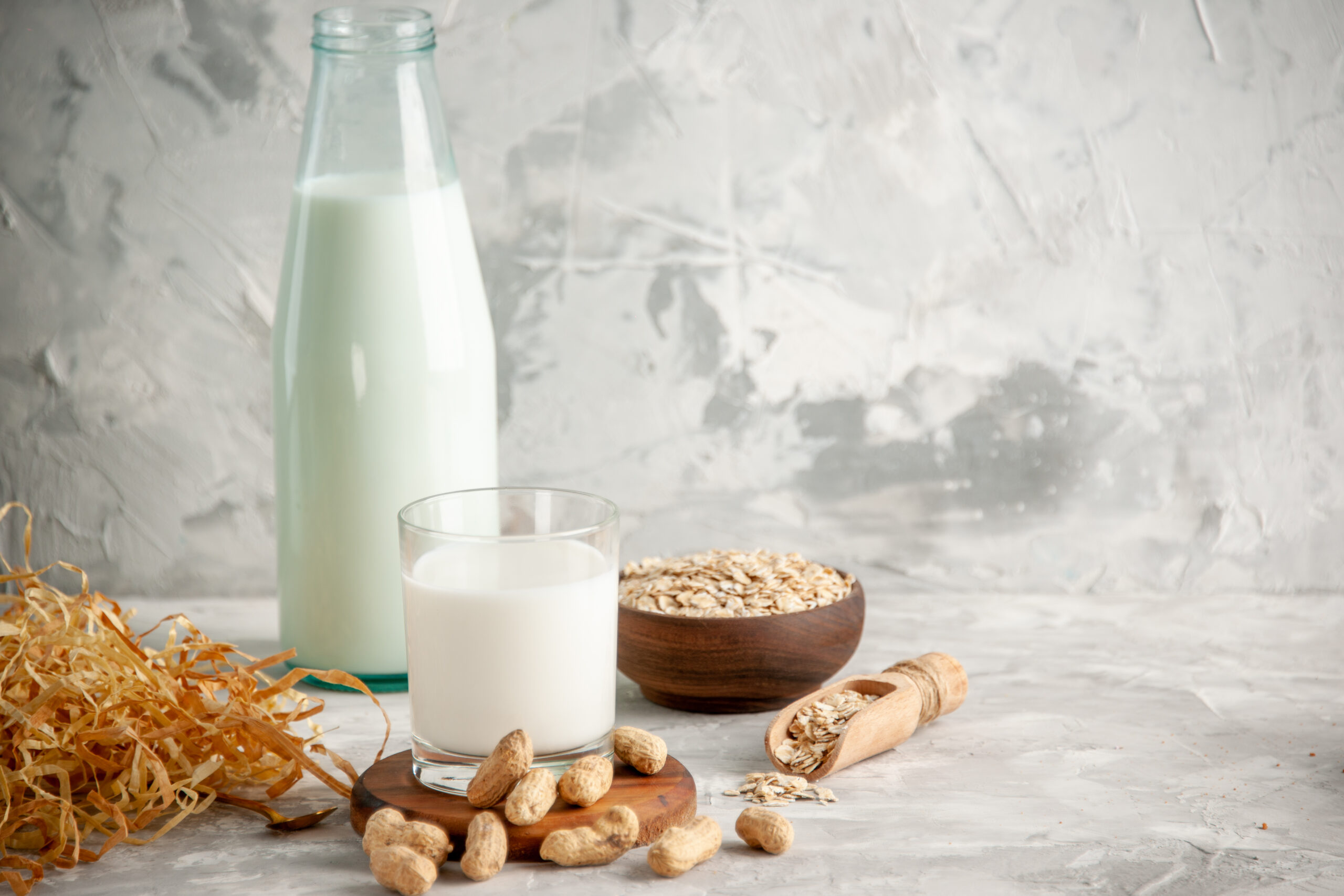New Delhi, 15 December 2024: Prostate cancer remains one of the most prevalent cancers in men, but new research suggests that dietary changes may play a significant role in slowing its progression in certain individuals. Scientists are uncovering how specific nutrients and food choices can impact prostate cancer growth, offering hope for non-invasive strategies to manage the disease.
Understanding Prostate Cancer and Its Growth
Prostate cancer develops in the prostate gland, which is part of the male reproductive system. It is often slow-growing, but in some cases, it can become aggressive and spread to other parts of the body. Factors such as age, genetics, and lifestyle significantly influence its development and progression.
Recent studies have focused on the potential of diet as a modifiable factor that may influence the growth of prostate cancer cells. Researchers believe that certain nutrients can either support or inhibit cancer development, making diet an important area of focus for patients looking to complement traditional treatments.
The Role of Diet in Prostate Cancer Management
Emerging research has linked plant-based diets, healthy fats, and specific nutrients to slower prostate cancer growth. These dietary changes work by reducing inflammation, supporting hormonal balance, and providing antioxidants that combat oxidative stress, which is known to promote cancer progression.
One study published in Cancer Prevention Research found that men with early-stage prostate cancer who adopted a diet rich in fruits, vegetables, and whole grains experienced slower disease progression. Foods rich in lycopene, such as tomatoes, and omega-3 fatty acids, found in fish and flaxseeds, showed particularly promising results.
Plant-Based Diets: Benefits For Cancer Patients
Plant-based diets are gaining recognition for their potential to reduce prostate cancer risks and slow tumor growth. Foods like cruciferous vegetables (broccoli, kale, and cauliflower) contain compounds like sulforaphane, which have been shown to inhibit cancer cell proliferation.
Fruits high in antioxidants, such as berries and pomegranates, also play a critical role. These foods neutralize free radicals, reducing cellular damage that can lead to cancer progression. Incorporating a variety of colorful fruits and vegetables into daily meals can have a cumulative protective effect on prostate health.
Healthy Fats and Prostate Cancer
The type of fat consumed can have a direct impact on prostate cancer growth. Saturated fats, commonly found in red meat and processed foods, are associated with increased inflammation and faster tumor growth. Conversely, healthy fats from sources like olive oil, avocados, and fatty fish help reduce inflammation and support heart health, which is often a concern for prostate cancer patients.
A Mediterranean diet, rich in healthy fats and plant-based foods, has been highlighted for its anti-cancer properties. Studies suggest that men who follow this diet are less likely to experience aggressive forms of prostate cancer.
The Importance of Fiber and Whole Grains
Fiber-rich foods such as oats, quinoa, and legumes support overall health and may have specific benefits for prostate cancer management. Fiber aids in regulating insulin levels, which is crucial since high insulin levels are linked to cancer growth.
Whole grains also provide essential vitamins and minerals that support immune function, helping the body fight off cancerous cells more effectively.
Soy and Hormonal Balance
Soy-based foods, including tofu, tempeh, and soy milk, contain isoflavones, plant compounds that mimic estrogen. These compounds can help balance hormonal levels, reducing the risk of hormone-driven cancers like prostate cancer.
A study in The Journal of the National Cancer Institute highlighted that men who consumed more soy had a lower risk of prostate cancer progression. However, moderation is key, as excessive soy consumption could have unintended hormonal effects.
Limiting Processed and Red Meats
Processed and red meats are associated with higher levels of inflammation and oxidative stress, both of which can accelerate prostate cancer growth. Reducing intake of these foods and replacing them with plant-based protein sources can make a significant difference.
Grilling or frying meat at high temperatures can produce carcinogenic compounds, further increasing cancer risk. Opting for baked or steamed cooking methods is a healthier alternative.
Prostate Cancer and Lifestyle Changes
While diet is a critical factor, it is most effective when combined with other healthy lifestyle choices. Regular physical activity, maintaining a healthy weight, and managing stress through practices like yoga or meditation can further reduce cancer risks and improve overall well-being.
Alcohol moderation is also crucial, as excessive drinking can increase inflammation and negatively impact prostate health.
Dietary changes offer a promising avenue for managing prostate cancer alongside medical treatments. By focusing on plant-based foods, healthy fats, and reducing processed foods, individuals may be able to slow disease progression and improve quality of life.
Consulting with a healthcare provider or nutritionist is essential to create a personalized dietary plan tailored to individual health needs. As research in this area continues to grow, it is becoming increasingly clear that the food we eat plays a vital role in combating prostate cancer.











